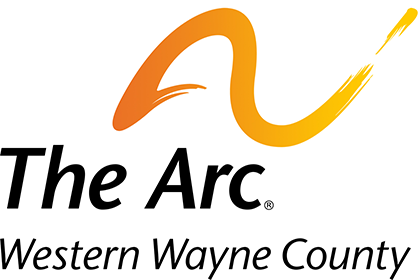Helpline Resource
Online and Automated Telephone Service
What are Learning Disabilities?
The Individuals with Disabilities Education Act, or IDEA, defines a learning disability as a disorder in one or more of the basic psychological processes involved in understanding or in using spoken or written language. This may show in an imperfect ability to listen, think, speak, read, write, spell, or to do mathematical calculations.
The federal definition is more specific and states that learning disabilities include conditions such as perceptual disabilities, brain injury, minimal brain dysfunction, dyslexia and developmental aphasia. According to the law, learning disabilities do not include any learning problems that result from visual, hearing or motor disabilities: mental retardation; or environmental, cultural, or economic disadvantage.
Students who have learning disabilities may exhibit a wide range of traits, including problems with reading comprehension, spoken language, writing or reasoning ability. Hyperactivity, inattention, and perceptual coordination may also be associated with learning disabilities.
Unpredictable test performance and behaviors such as impulsiveness, low tolerance for frustration and problems in handling day-to-day social interactions are also indicators.
Learning disabilities are characterized by a significant difference in a child’s achievement in some areas, as compared to his or her overall intelligence. The label “learning disabilities” is used to describe a syndrome, not a specific student with specific problems. Therefore, a child with learning disabilities may exhibit a combination of characteristics.
If you would like more information, please contact The Learning Disabilities Association of Michigan at 888-597-7809, or visit them online at ldaofmichigan.org.
Phone code: 1718
The federal definition is more specific and states that learning disabilities include conditions such as perceptual disabilities, brain injury, minimal brain dysfunction, dyslexia and developmental aphasia. According to the law, learning disabilities do not include any learning problems that result from visual, hearing or motor disabilities: mental retardation; or environmental, cultural, or economic disadvantage.
Students who have learning disabilities may exhibit a wide range of traits, including problems with reading comprehension, spoken language, writing or reasoning ability. Hyperactivity, inattention, and perceptual coordination may also be associated with learning disabilities.
Unpredictable test performance and behaviors such as impulsiveness, low tolerance for frustration and problems in handling day-to-day social interactions are also indicators.
Learning disabilities are characterized by a significant difference in a child’s achievement in some areas, as compared to his or her overall intelligence. The label “learning disabilities” is used to describe a syndrome, not a specific student with specific problems. Therefore, a child with learning disabilities may exhibit a combination of characteristics.
If you would like more information, please contact The Learning Disabilities Association of Michigan at 888-597-7809, or visit them online at ldaofmichigan.org.
Phone code: 1718


